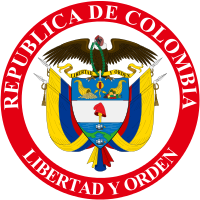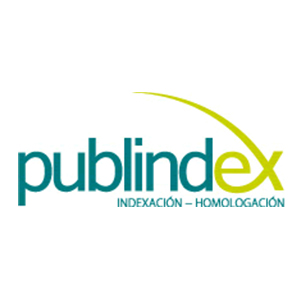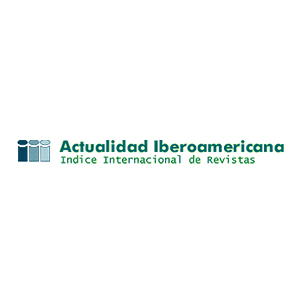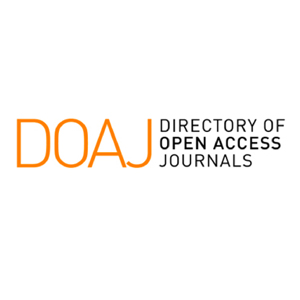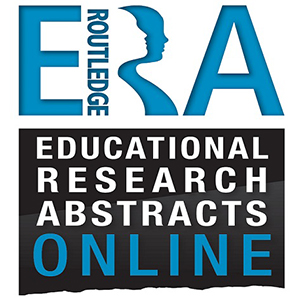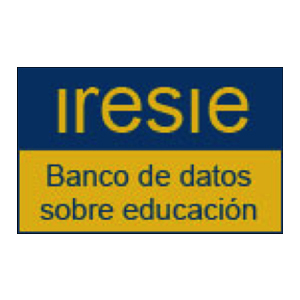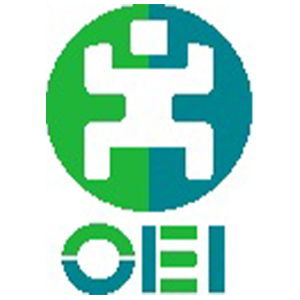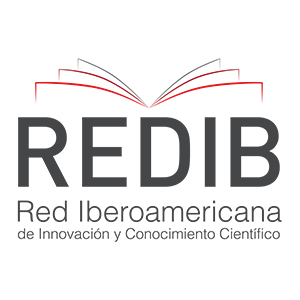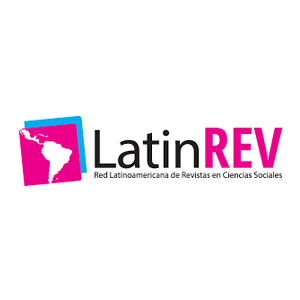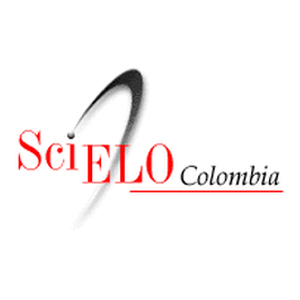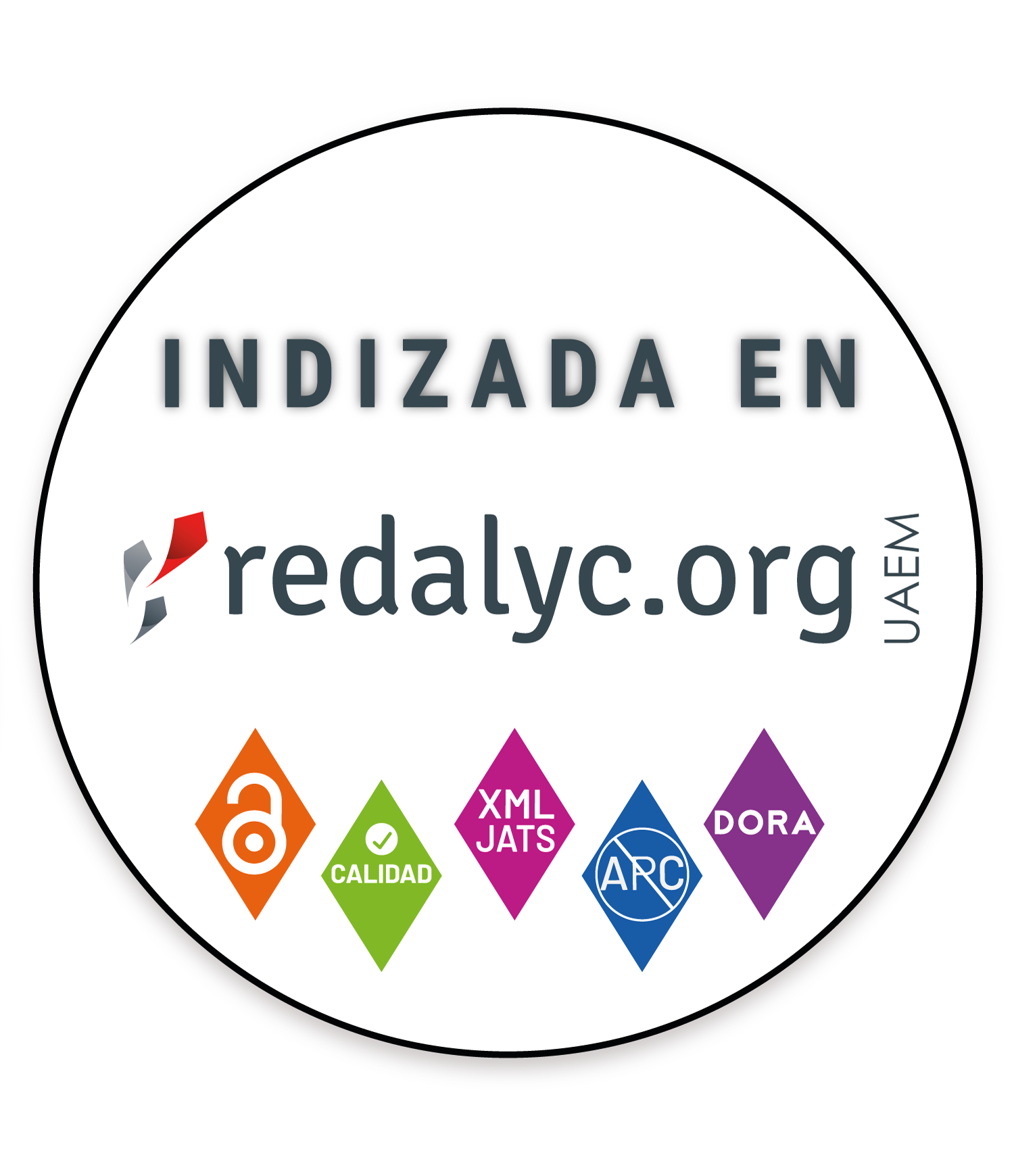La investigación llamada “cualitativa”: de la dinámica de su evolución a los logros innegables y cuestionamientos presentes
THE SO CALLED "QUALITATIVE" RESEARCH: FROM THE DYNAMICS OF ITS EVOLUTION TO THE UNDENIABLE ACHIEVEMENTS AND PRESENT QUESTIONS
Este documento articula una reflexión sobre los logros de la investigación denominada "cualitativa" y que no son independientes del contexto general que ha orientado el desarrollo de las Ciencias sociales y humanas. En particular, apunta a mostrar que los enfoques cualitativos han consolidado su dimensión epistemológica y su legitimidad científica. Las elecciones metodológicas de recolección de datos y los modos de interpretación y de análisis se han también estabilizado dando a la comunidad científica sólidos puntos de referencia. Este balance nos lleva a reflexionar sobre sus logros porque los enfoques cualitativos, preocupados por comprender una pluralidad de formas de expresión humana (artes, danza, literatura y otras formas estéticas), sufren actualmente de un estallido en las formas de hacer la investigación y de legitimar el conocimiento producido.
Qualitative research, epistemology, methodology, criteria of methodological rigor. (en)
ADORNO, T. (1976). The Positivist Dispute in German Sociology. London: W. Heinemann.
ANADON, M. (1997), Le sujet est de retour: il faut lui donner la parole. En C. Baudoux y M. Anadón (eds). La recherche en éducation, la personne et le changement. Les Cahiers du LABRAPS, 23, pp. 27-41. Sante foy (Quebéc): Université Laval.
ANADON, M. (2004). Quelques repères sociaux et épistémologiques de la recherche en éducation au Québec. En T. Karsenti y L. Savoie-Zajc. (eds). La recherche en éducation: étapes et approches, pp., 19-36. Sherbrooke:Editions du CRP.
ATKINSON, P. (1990). The Ethnographic Imagination, Textual Construction of Reality. London: Routledge.
BAUDRILLARD, J. (1987). L'autre par luimême. Paris: Éditions Galilée.
BENJAMIN, A. (1989). The Problem of Modernity: Adornо аnd Benjamin. London: Routledge.
BLUMER, H. (1969). Symbolic Interactionism. Englewood Cliffs, New Jersey: Prentice-Hall.
BOGDAN, R. y BILKEN, S. K. (1982). Qualitative Research for Education, an Introduction to Theory and Methods, Boston: Allyn and Bacon.
BOGDAN, R. y TAYLOR, S. J. (1975). Introduction to Qualitative Research Method a Phenomenological Approach to the Social Sciences, New York: Wiley.
CAILLÉ, A. (1993). La démission des clercs. La crise des sciences sociales et l'oubli du politique. Paris. La Découverte.
CICOUREL. A. (1964). Method and Mesurement in Sociology, New York: Free Press.
COULON, A. (1995). Ethnomethodology. Newbury Park; Sage.
CROTTY, M. (1998). The Foundations of Social Research. Thousand Oaks: Sage Publications.
DELEUZE, G. (1973). Empirisme et subjectivité, Paris; Presses Universitaires de France.
DESCHAMPS, C. (1989). Considérations éthiques sur les dificultés méthodologiques rencontrées dans la conduite d'une approche phénoménologique. Recherches qualitatives (2), 19-28.
DESGAGNE, S. (1998). La position du chercheur en recherche collaborative; illustration d'une démarche de médiation entre Culture universitaire et Culture scolaire, Recherches qualitatives, (18), 77-105.
DENZIN, N. K. y LINCOLN, Y. S. (1994). Introduction. Entering the Field of Qualitative Research, En N. K. Denzin y Y. S. Lincoln (eds), Handbook of Qualitative Research (pp. 1-17). Thousand Oaks: Sage.
DENZIN, N. K., y LINCOLN, Y. S. (2000). Handbook of Qualitative Research. Thousand Oaks: Sage.
DERRIDA, J. (1987). De l'esprit. Paris. Galilée.
DILTHEY, W. (1947). Le monde de l'esprit. Tome I. Paris: Aubier/Montaigne. [Origines et développement de l'herméneutique (1900) et Contribution à l'étude de l'individualité (1895-1896)].
DOLBEC, A. y CLEMENT, J. (2000). La recherche-action. En T. Karsenti & L. Savoiezac (eds), Introduction à la recherche en éducation (pp. 199-224). Sherbrooke. Éditions du CRP.
EISENHART, M. A. y Howe, K. R. (1992). Validity in Educational Research. The Handbook of Qualitative Research in Education, 15, pp. 643-680. New York: Academic Press.
FALS BORDA, O, (1982). Teoría de la investigación-acción. La ciencia y el pueblo. Praxis centroamericana, 1, 156-178.
FILSTEAD, W. (Ed.) (1970). Qualitative Methodology: Firsthand Involvement with the Social World, Chicago: Rand McNally.
FONOW, M. M. y Cook, J. A. (Eds.) (1991). Beyond Methodology: Feminist Scholarships as Lived Research. Bloomington: Indiana University Press.
GADAMER, H. G. (1982). L'art de comprendre. Paris: Aubier Montagne.
GARFINKEL, H, (1967), Studies in Ethnomethodology. Englewood Cliffs, New Jersey: Prentice-Hall.
GEERTZ, C. (1988). Works and Lives. Stanford, California: Stanford University Press.
GIORGI, A. (1985). Editor's preface. En A. Giorgi (Ed.), Phenomenology and Psychological research (pp. VI-X). Pittsburgh: Duquesne University Press.
GLASER, B.G. y STRAUSS, A. (1967). The Discovery of Grounded Theory Strategies for Qualitative Research. Chicago: Aldine.
GOETZ, J. P. y LECOMPTE, M. D. (1984). Ethnography and Qualitative Desing in Educational Research. Boston: Academic Press.
GOHIER, C. (2004). De la démarcation entre critères d'ordre scientifique et d'ordre éthique en recherche interprétative. Recherches qualitatives, 24, 3-17. En línea:http:// www.recherche-qualitative, qc.ca/
GREENE, M. (1994). Epistemology and Educational Research: the influence of Recent Approaches to Knowledge. En L. Darling Hammond (ed.), Review of Research in Education, 20, 423-464.
GUBA, E. G. (1981). Criteria for Assessing the Trustworthiness of Naturalistic Inquiries, Educational Communication and Technology Journal, 29(2), 75-91.
LINCOLN, Y. S. y GUBA, E. G. (1989), Foreword. En Fourth Generation Evalulation (pp.7-19). London: Sage.
LINCOLN, Y. S. y GUBA, E. G. (1989). Judging the Quality of Fourth Generation Evaluation. En Fourth Generation Evaluation, pp. 229-251. London: Sage.
GUMPERz, J. P. (1989). Sociolinguistique interactionnelle: une approche interprétative. Saint-Denis de la Réunion: Université de la Réunion.
HABERMAS, J. (1987) Théorie de l'agir communicationnel (Tome 1). Paris: Fayard.
HABERMAS, J. (1990). La technique et la science comme idéologie. Paris : Gallimard.
HABERMAS, J. 1992). De l'éthique de la discussion. Paris: Éditions du Cerf.
HTCHCOCK, G., y HUGHES, D, (1989). Research and the teacher. London: Routledge.
HORKHEIMER, M. (1978). Théorie critique, Paris: Payot.
KARSENTI, T. y SAVOIE-ZAJC, L. (2000). Introduction à la recherche en éducation Sherbrooke : Éditions du CRP.
KING, J. A. y LONNQUIST, P. (1996). A review of action research (1944-present). Comunicación presentada en la reunión annual de la Asociación Americana de Investigación, Center for applied research and educational improvement, College of Education, Universidad de Minessota, Minessota.
LAPERRIÈRE, A. (1997). Les critères de scientificité des méthodes qualitatives. En. Poupart (ed.), Recherche qualitative: enjeux épistémologiques et méthodologiques. Reporte presentado al Consejo quebequés de investigación social (pp. 392-418). Montréal: Universidad de Montreal, Centro Internacional de Criminología Comparada.
LATHER, P.A. (1991). Getting smart feminist research and pedagogy with/In the postmodern. London: Routledge.
LAWRENCE-LIGHT Foot, S. (1997). The art and science of portraiture. San Francisco: Jossey-Bass.
LINCOLN, Y. S. (1995), Emerging criteria for quality in qualitative and interpretive research. Qualitative inquiry, 1 (3), 275-289. Beverly Hills, California: Sage.
LINCOLN, Y. S. y GUBA, E. G. (1981). Effective evaluation: improving the usefulness of evaluation results through responsive and naturalistic approaches. San Francisco, Ca : Jossey-Bass.
LINCOLN, Y. S. y GUBA, E. G. (1985). Naturalistic inquiry. Beverly Hills, California: Sage.
LINCOLN, Y. S. y GUBA, E. G. (1986). But is it rigorous? Trustworthiness and autheticity in naturalistic evaluation. En D, D, Williams (ed.), Naturalistic evaluation, pp.73-84. San Francisco: Jossey-Bass.
LOFLAND, J. (1971). Analyzing social settings: a guide to qualitative observation and analysis. Belmont, California: Wadsworth.
LYOTARD, J.F. (1985). La condition postmoderne. Paris. Éditions de Minuit.
LUTZ, F.W. (1981). Ethnography: the holistic approach to understanding schooloing. En J. L. GREEN; C. Wallat (eds), Ethnography and language in educational setting (pp. 51-63). Norwood, New Jersey: Ablex.
MAFFESSOLI, M. (1985). La connaissance Ordinaire. Paris: Librairie Des Méridiens.
MAFFESSOLI, M. (1990). Au Creux des apparences, Paris: Plon.
MANNING, K, (1997), Authenticity in constructivist inquiry: Methodological considerations without prescriptions. Qualitative inquiry, 3 (1), 93-115.
MARCUS, G. E. y FISHER, M. M. J. (1986). Anthropology as cultural critique: an experimental moment in yhe human sciences. Chicago: University of Chicago Press.
MARCUSE, H. (1964). One-dimensional man. Boston: Beacon Press.
MEAD, J. H. (1965). L'esprit, le soi et la société. Paris : Presses Universitaires de France.
MERRIAM, S.B. (1988). Case study in education: A qualitative approach. San Francisco: Jossey-Bass.
Moss, P.A. (1996). Enlarging the dialogue in educational measurement: Voices from interpretive research Traditions. Educational researcher, 25 (1), January-February, pp. 20-28.
MUCCHIELL, A. (ed.) (1996). Dictionnaire des méthodes qualitatives en sciences humaines et sociales. Paris: Armand Colin.
PAILLE, P. (1994). L'analyse parthéorisation ancrée. Cahiers de recherche sociologique, 23, 147-181.
POUPART, J. GROULX, L. H. MAYER, R. DESLAURIERs, J-P.; LAPERRIÈRE, A. y PIRES, A. (1998). La recherche qualitative: diversité des champs et des pratiques au Québec. Montreal: Gaëtan Morin.
POUPART J. ; DESLAURIERS, J-P. GROULX, L.H.; LAPERRIERE, A.; MAYER, R. y PIRES, A. (1997). La recherche qualitative: enjeux épistémologiques et méthodologiques. Montreal: Gaëtan Morin.
POURTOIS, J.P. y DESMET, H (1988). Épistémologie et instrumentation en sciences humaines, Bruxelles: Pierre Mardaga. Qualitative Inquiry, 11 (1) febrero 2005.
RICOEUR, P. (1990). Soi-même comme un autre. Paris. Seuil.
RICOEUR, P. (1991). Lectures I, Autour du politique, Paris: Seuil.
ROGERS, C. (1968). Le développement de la personne. Paris: Dunod.
SAVOIE-ZAJC, L. (2003). Les critères de rigueur de la recherche qualitative/interprétative: du discours à la pratique. Comunicación presentada en el coloquio anual de la Asociación para la Investigación Cualitativa, Trois-Rivières, Quebec. Noviembre.
SAVOIE-ZAJC, L. (2001). Larecherche-action en éducation: ses cadres épistémologiques, sa pertinence, ses limites. En M. Anadón, y M. L'Hostie (eds), Nouvelles dynamiques de recherche en éducation, pp. 15-49. Sante-Foy: Les Presses de l'Université Laval.
SAWOIE-ZAJC, L. (2000). La recherche qualitative/interprétative en éducation. En T. Karsentiy L. Savoie-Zajc (eds), Introduction à la recherche en éducation, pp. 171198. Sherbrooke:Éditions du CRP.
SPRADLEY, J. P. (1979). The ethnographic Interview, Montreal; Holt, Rinehart and Winston.
STRAUSS, A. L. Y CORBIN, J. (1994). Grounded theory methodology: an overview. En Denzin, N. K. y Lincoln, Y. S. (eds), Handbook of qualitative research, pp. 273-285. Thousand Oaks, California; Sage.
TAYLOR, S, y BOGDAN, L. (1984). Introduction to qualitative research methods: the search for meaning. New York: Wiley.
TESCH, R. (1990). Qualitative research: analysis, types and software tools, Bristol, Pennsylvania: Falmer Press.
TURNER, V. W. y BRUNER, E. M. (1986). The Anthropology of Experience. Urbana Champ; University of Illinois Press.
VAN MANEN, M. (1984). & <> phenomenological research and writing, an introduction. Edmonton: University of Alberta.
VIDICH, A, y LYMAN, S. (2000). Qualitative methods: Their history in sociology and anthropology. En N. K. Denzin y Y. S. Lincoln. (2000). Handbook of qualitative research. Thousand Oaks: Sage, pp. 37-84.
WALKER, R. (1981). On the uses of fiction in educational research. En D. Smetherham (ed.). Practising evaluation. Driffield: Nafferton.
WARD, B. y TKUNOFF, W. (1982). Collaborative research. Washington: National Institute of Educational Teaching and Learning.
APA
ACM
ACS
ABNT
Chicago
Harvard
IEEE
MLA
Turabian
Vancouver
Descargar cita
Citaciones

1. Maria Anadón. (2020). Ateliês de Pesquisa: formação de professores(as)-pesquisadores(as) e métodos de pesquisa em educação. , p.91. https://doi.org/10.7476/9786588211373.0005.
Métricas PlumX
Visitas
Descargas
Licencia
Derechos de autor 2017 Pedagogía y Saberes

Esta obra está bajo una licencia internacional Creative Commons Atribución-NoComercial 4.0.
Todo el trabajo debe ser original e inédito. La presentación de un artículo para publicación implica que el autor ha dado su consentimiento para que el artículo se reproduzca en cualquier momento y en cualquier forma que la revista Pedagogía y Saberes considere apropiada. Los artículos son responsabilidad exclusiva de los autores y no necesariamente representan la opinión de la revista, ni de su editor. La recepción de un artículo no implicará ningún compromiso de la revista Pedagogía y Saberes para su publicación. Sin embargo, de ser aceptado los autores cederán sus derechos patrimoniales a la Universidad Pedagógica Nacional para los fines pertinentes de reproducción, edición, distribución, exhibición y comunicación en Colombia y fuera de este país por medios impresos, electrónicos, CD ROM, Internet o cualquier otro medio conocido o por conocer. Los asuntos legales que puedan surgir luego de la publicación de los materiales en la revista son responsabilidad total de los autores. Cualquier artículo de esta revista se puede usar y citar siempre que se haga referencia a él correctamente.

